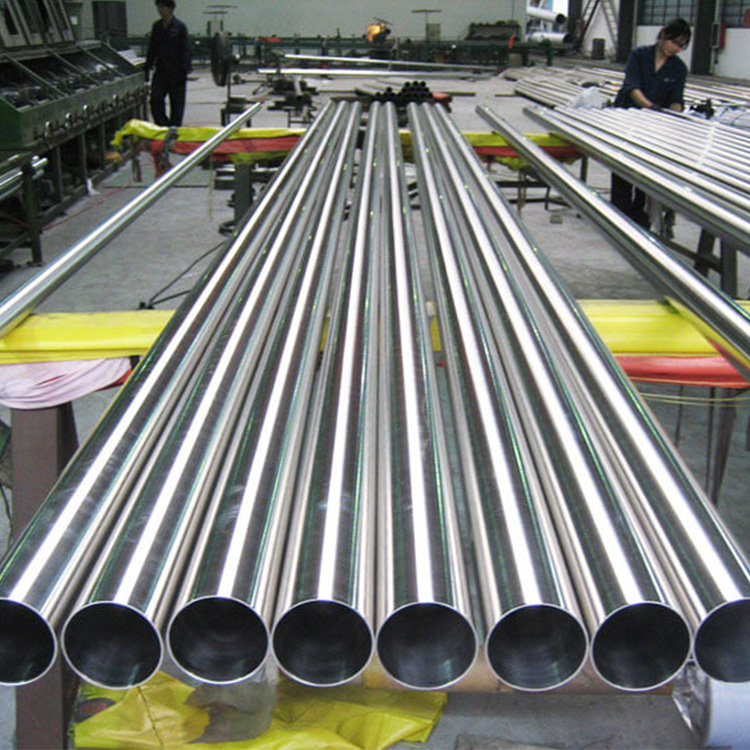
Applications of Nickel Alloys: A Versatile Material
Introduction:
Nickel alloys are a category of materials known for their exceptional properties and versatility. Composed primarily of nickel, these alloys exhibit excellent corrosion resistance, high strength, and superior heat resistance. This article aims to explore the diverse applications of nickel alloys across various industries.
-
Aerospace Industry:
Nickel alloys play a vital role in the aerospace industry due to their outstanding mechanical properties and resistance to high temperatures. They are used in aircraft engines, gas turbine components, and combustion chambers, where they can withstand extreme conditions and maintain their strength and integrity. -
Chemical Processing:
The chemical processing industry relies heavily on nickel alloys for their resistance to corrosive environments and various chemicals. These alloys are commonly used in chemical reactors, pipes, valves, and pumps, ensuring the safe and efficient handling of corrosive substances. -
Power Generation:
In power generation plants, nickel alloys are utilized in critical components such as steam generators, heat exchangers, and turbine blades. The exceptional heat resistance and corrosion resistance of nickel alloys enable them to withstand the demanding conditions of power generation, including high temperatures and corrosive environments. -
Oil and Gas Industry:
The oil and gas industry requires materials that can withstand aggressive environments, including high-pressure and high-temperature conditions. Nickel alloys find extensive application in oil and gas exploration and production equipment, such as valves, tubing, and downhole tools, providing excellent resistance to corrosion and mechanical stress. -
Medical Field:
Nickel alloys are also utilized in the medical field, particularly in the manufacturing of medical devices and implants. These alloys are biocompatible, making them suitable for applications such as orthopedic implants, dental instruments, and surgical tools. The corrosion resistance and strength of nickel alloys ensure the longevity and reliability of medical devices. -
Petrochemical Industry:
Nickel alloys find wide usage in the petrochemical industry due to their resistance to aggressive chemicals and high temperatures. They are employed in equipment such as heat exchangers, reactors, and piping systems, ensuring the safe handling of corrosive substances in petrochemical plants. -
Electronics and Electrical Engineering:
Nickel alloys are utilized in electronics and electrical engineering applications due to their high electrical conductivity and resistance to oxidation. They are used in electrical connectors, circuit breakers, heating elements, and resistance wires, providing reliable performance and longevity in these applications.
Conclusion:
Nickel alloys are highly versatile materials with a wide range of applications across various industries. Their exceptional corrosion resistance, high strength, and superior heat resistance make them indispensable in aerospace, chemical processing, power generation, oil and gas, medical, petrochemical, and electronics industries. The unique properties of nickel alloys contribute to the efficiency, safety, and durability of critical components and equipment in these sectors, solidifying their position as a valuable material choice for demanding applications.
